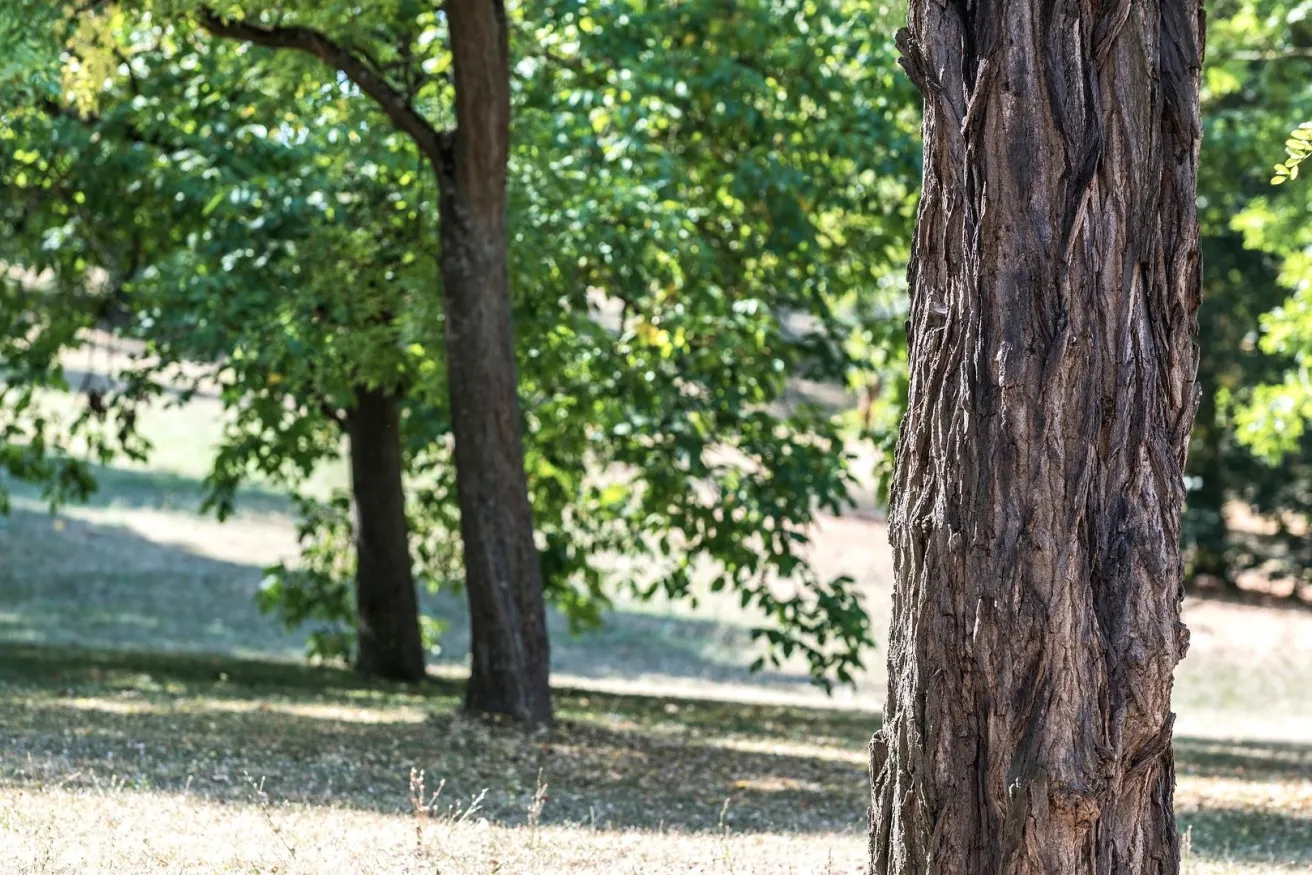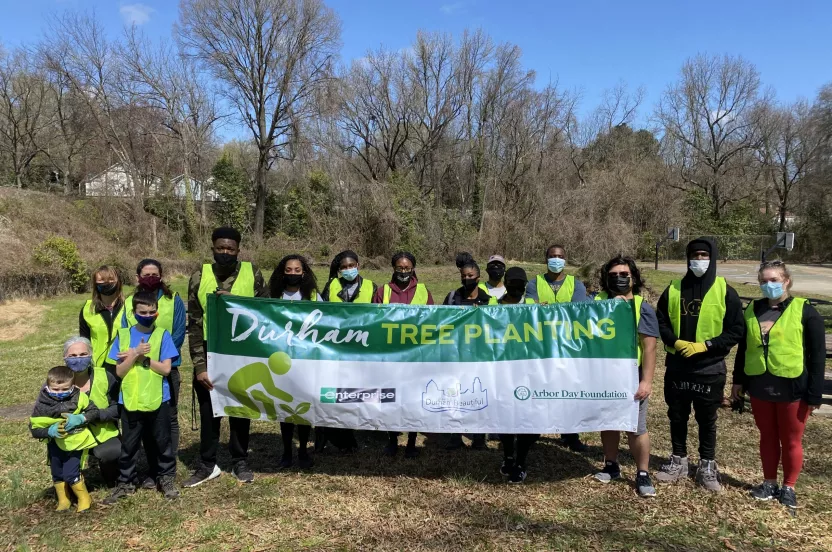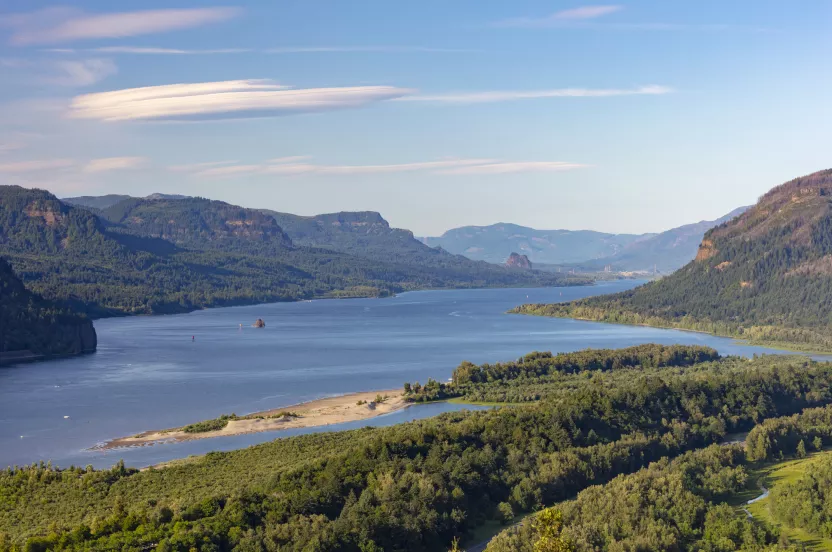Now live: The 2025 Canopy Report. Learn how Americans see trees. GET THE REPORT
Arbor Day Foundation and Bank of America Drive Local Climate Resiliency Initiatives
September 7, 2020

Community Resiliency Grant Program Promotes Equity and Sustainable Cities with Tree Planting in High-Need Urban Communities
Bank of America is expanding its commitment to the Arbor Day Foundation through a second $250,000 grant to support efforts in four U.S. cities to increase the number of trees planted in low- and moderate-income neighborhoods. Cities are receiving funding from the Community Resiliency Grant program and recipients include local nonprofit organizations and municipal agencies. This grant will support the cities of St. Louis, Missouri., Durham, North Carolina, Cleveland, Ohio, and Nashville, Tennessee.
These programs will support green infrastructure projects, expand tree equity, and increase resiliency in urban communities most vulnerable to the effects of climate change.
“Communities with barriers to resources – including trees and green space – are often those most highly impacted by climate change and natural disasters,” said Dan Lambe, president of the Arbor Day Foundation. “In partnership with Bank of America, we are proud to support local programs that will enhance those communities’ climate resilience through strategic tree planting and community engagement and education.”
“Trees are one of the most cost-effective investments we can make to help tackle climate change and improve community livability,” said Rich Brown, Environmental Program director at Bank of America. “This program addresses the critical need in underserved communities to increase tree canopies to support cooler urban areas and create more sustainable solutions for future generations.” Tree coverage has been linked to cooler cities, improved air and water quality, effective stormwater control, and better health outcomes. Research has noted that urban trees also increase property values and reduce residents’ energy costs. These benefits of urban tree canopy are vital for cities increasingly facing the impacts of climate change, including heat waves, coastal flooding, extreme storms, and poor air quality.



